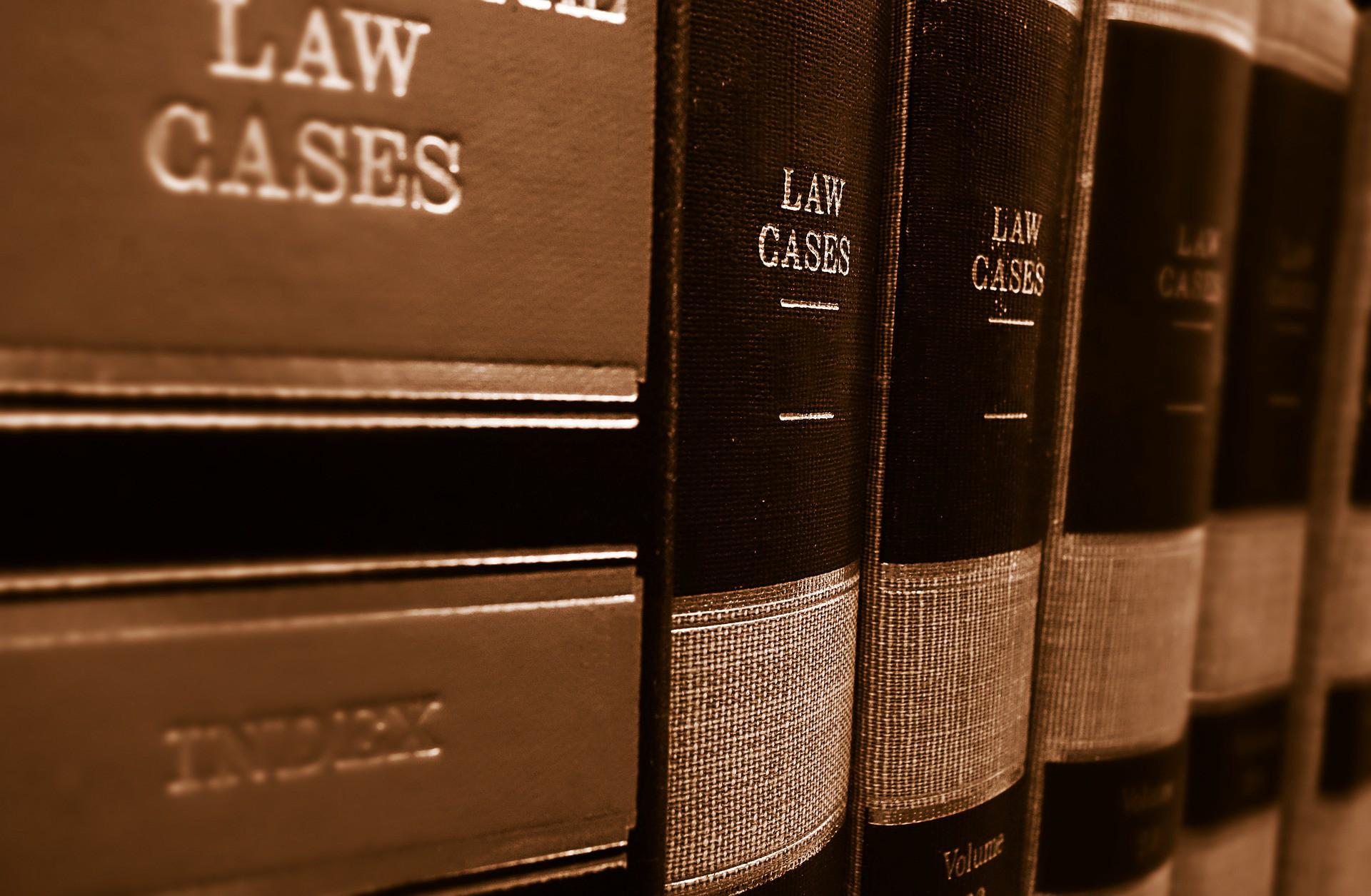Judges Who Help Us Expand Our ‘Crabbed View’ of Justice Beyond Criminal Prosecution
Joseph Margulies, professor of law and government at Cornell University, recently remarked, “In the carceral state, we have developed such a crabbed view of justice that we imagine it as nothing more than a criminal conviction … I hope we want accountability for what happened, and change to ensure it never happens again. Why should we think […]

Joseph Margulies, professor of law and government at Cornell University, recently remarked, “In the carceral state, we have developed such a crabbed view of justice that we imagine it as nothing more than a criminal conviction … I hope we want accountability for what happened, and change to ensure it never happens again. Why should we think a criminal prosecution is the only — or even the best — way to achieve these goals?”
Those who resist this “crabbed view” may wish to examine a little-known area of the criminal law, in which judges are able to step in and declare that a conviction would be the very opposite of justice. Fifteen states (and Puerto Rico) give judges the power to dismiss prosecutions “in the interests of justice,” or, in other words, to declare that, regardless of the strength of the evidence, a dismissal would get us closer to justice than would continued prosecution. Four states (and Guam) have de minimis dismissal provisions, which serve the same ends. Scholars often ignore these provisions; practitioners often fail to invoke them. But judges use them — multiple examples are discussed in this recent article — and in doing so they reveal surprising things about how they see justice, and their role in securing it.
Many experts have told us that the most powerful players in the criminal justice system are prosecutors. But in these 19 states, judges can check prosecutorial power. Indeed, Connecticut’s dismissal statute has the purpose of “prevent[ing] unchecked power by a prosecuting attorney.” In jurisdictions with these provisions, judges can — and do — dismiss when they detect injustice in, for example, the anticipated sentence, the anticipated collateral consequences, law enforcement bias, law enforcement misconduct, or a waste of taxpayer money.
Different states conceptualize this judicial role differently. In New York, the dismissal statutes (one for felonies, and one for misdemeanors) are said to “interpose the court between the prosecution and the accused.” In California, the dismissal statute allows for a situation in which a judge grabs the reins, “takes charge of the prosecution, and acts for the people.” And in New Jersey, the judge is said to stand as the “gatekeeper” of the criminal law, vigilantly ensuring that it be used for proper ends only.
Some have called for this power to be available in jurisdictions that do not provide it. Recent filings in Florida and in North Carolina (states that, like the rest of the southeastern United States, lack these provisions) have urged judges to find this kind of power within their state’s law. One judge on the D.C. Court of Appeals was forced, in the absence of such a statute, to concur in the affirmation of a conviction, but he declared that the prosecution in question, which centered around an allegation of grabbing a cellphone after a long, hot day at the DMV, was just the kind of thing that merited dismissal. And District Judge Frederic Block has asked “[S]hould not federal law recognize, as New York State does, that in a worthy exceptional case, ‘the letter of the law gracefully and charitably [should] succumb to the spirit of justice’?”) (Indeed, in 1970, the Federal Rules Committee proposed adding such a provision to the Federal Rules of Criminal Procedure, but it went nowhere.).
The downsides of these provisions aren’t hard to imagine. How much discretionary power do we wish to place in the hands of an individual, even or especially an elected one? With discretion comes the risk of bias, and all kinds of assessments weighed in considering dismissal — assessments of harm, wrong, pain, and worth — are hotspots for implicit bias. “Appellant is somebody’s daughter. I have a daughter,” said one judge as he dismissed a prostitution charge, thus making explicit the feeling of connectedness that was moving him to dismiss. Our feelings of connectedness have an uneven reach, and our state judiciary is not representative. 83 percent of state trial judges, for example, are white.
In addition, these dismissals can tackle only a tiny bit of injustice. Invoking separation of powers concerns, judges frequently limit their own power. New York judges, for example, have declared that these dismissals occur only because of “the tiniest crack that allows a sliver of discretion to shine through when Justice cries out for mercy in spite of the strict application of the law.” Others have said that these provisions should be invoked only to avoid “absurd” results. But where to draw the line? Some might say our entire system of mass incarceration is “absurd.”
Whatever the fallibility of what these judges are doing in individual cases, they are doing something important as a group. They return, again and again, to an interest in non-criminal forms of accountability, often dismissing prosecutions where other means exist to address the alleged harm, or where prosecution would thwart productive change. They often treat the criminal law as a last resort, rather than the default. These judges inspire us to shed our “crabbed view” of justice, in Margulies’s words, expanding our vision to include possibilities far beyond the criminal courts.
Editor’s Note: A fuller treatment of this topic can be found in Dismissals as Justice, Alabama Law Review (2017).
